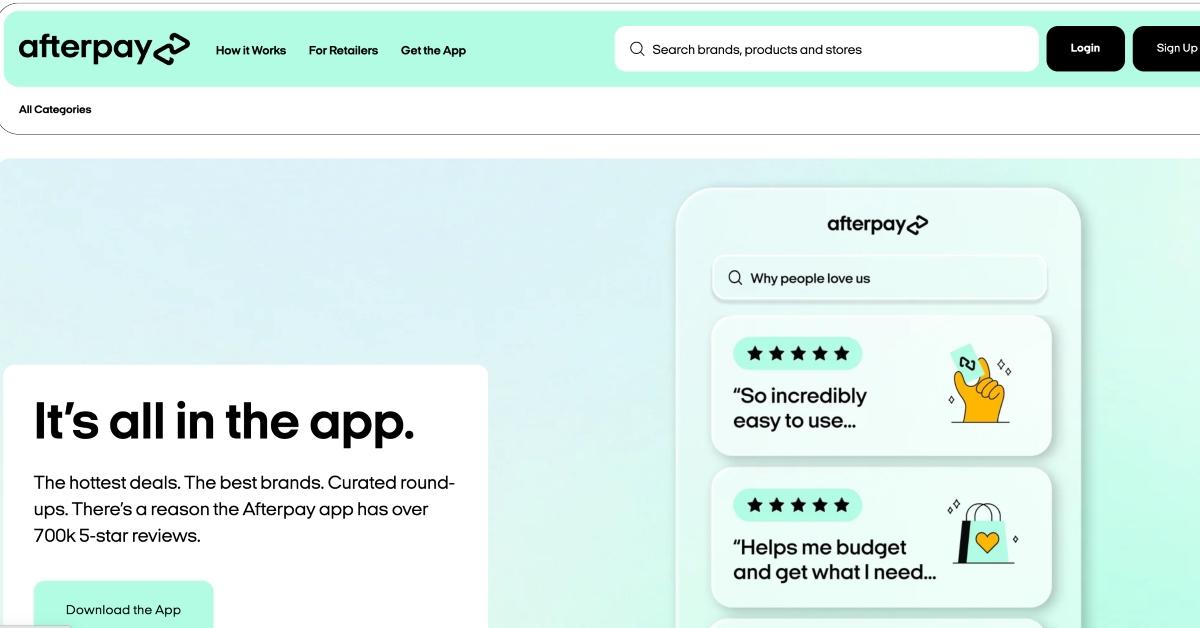Consumers Are Getting Rejected for BNPL Plans, Industry Tightens Its Practices
Buy now, pay later firms are tightening their money lending standards. If you were rejected for a buy now, pay later plan, here are some reasons why.
May 10 2023, Published 1:38 p.m. ET

Have you recently been rejected for a buy now, pay later plan? You probably aren't alone. BNPL companies like Affirm, Klarna, and Sezzle are getting pickier about who they lend money to due to increased interest rates and low profits, The Wall Street Journal reports.
Even existing customers are getting denied by the BNPL companies they’ve been able to borrow from before. Keep reading to learn why you might have been rejected.

What is buy now, pay later?
Buy now, pay later (BNPL) platforms enable consumers to purchase items through installment payments for a fixed period of time, usually at a zero percent interest. Consumers tend to use the BNPL plans to help pay for big-ticket items they may not be able to pay for in full.
The attraction of BNPL plans versus credit cards, besides the low-interest rates, is that they are easier to get because many plans don’t consider credit scores as a factor in whether or not to lend money. Applying for a BNPL loan also doesn’t have a negative impact on your credit history because most BNPL companies make a soft inquiry on a borrower's credit.
While a low credit score shouldn’t prevent you from getting a BNPL loan, it may impact the interest you are charged. Interest rates on BNPL loans can be as high as 30 percent.
BNPL loans soared in popularity during the COVID-19 pandemic Americans were stuck at home and increased their online shopping. A 2022 report by the Consumer Financial Protection Bureau (CFPB) showed that the five BNPL firms lent over $24 million in 2021, which is 10x the amount borrowed in 2019.
Do BNPL firms make any money?
Despite the increased borrowing, BNPL firms aren’t making much money. The profit margins for BNPL lenders actually shrunk from 1.27 percent in 2020 to 1.01 percent in 2021, the CFPB reports.
BPNL firms aren’t banks, so they have to borrow the money they lend out from other lenders. With the interest rate hikes the Federal Reserve has made consistently over the past year, the cost of borrowing money to fund BNPL programs is becoming more expensive. So, BNPL firms are being more selective in who they lend money to.
The rate of delinquency on BNPL plans also outpaces credit cards, The Atlantic reports. The highest percentage of delinquent BNPL loans are those for borrowers aged 18–24. The CFPB reports the delinquency rate for BNPL borrowers under 25 rose to 5.7 percent in 2021.
Why did I get rejected for a buy now, pay later plan?
According to the Affirm and Klarna websites, some possible reasons you were rejected for a BNPL plan include the following:
You are a new customer who hasn’t established a good payment history
You still have balances on unpaid purchases
Your purchase amount may be too high
You’ve attempted to make too many purchases within a short window of time
You have a history of late or unsuccessful payments
The spending amounts BNPL plans offer borrowers are usually low, especially for new users. For example, Afterpay gives new users a spend amount of about $600, which can increase to $3,000 the longer the borrower uses the plan and makes on-time payments.
